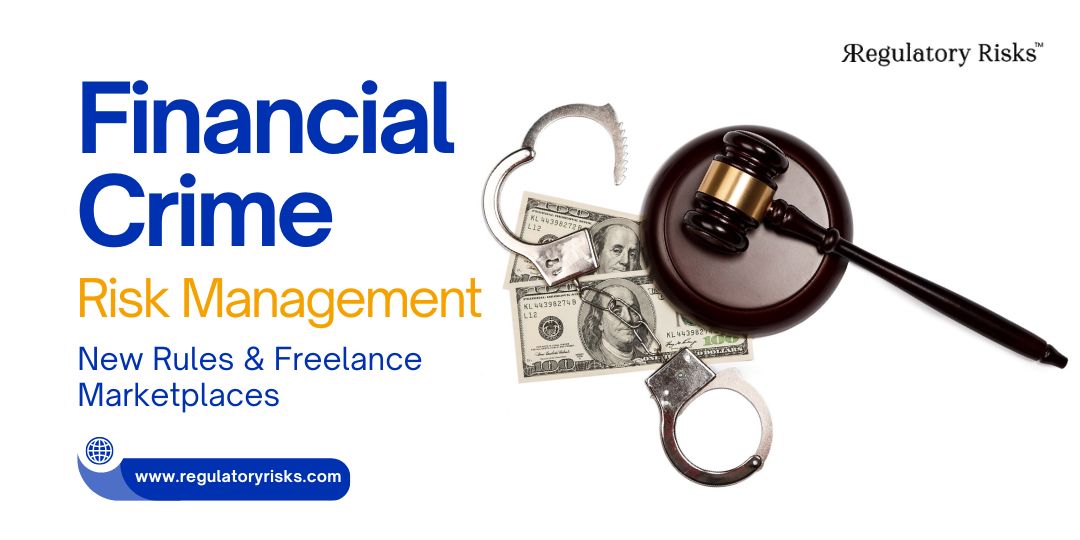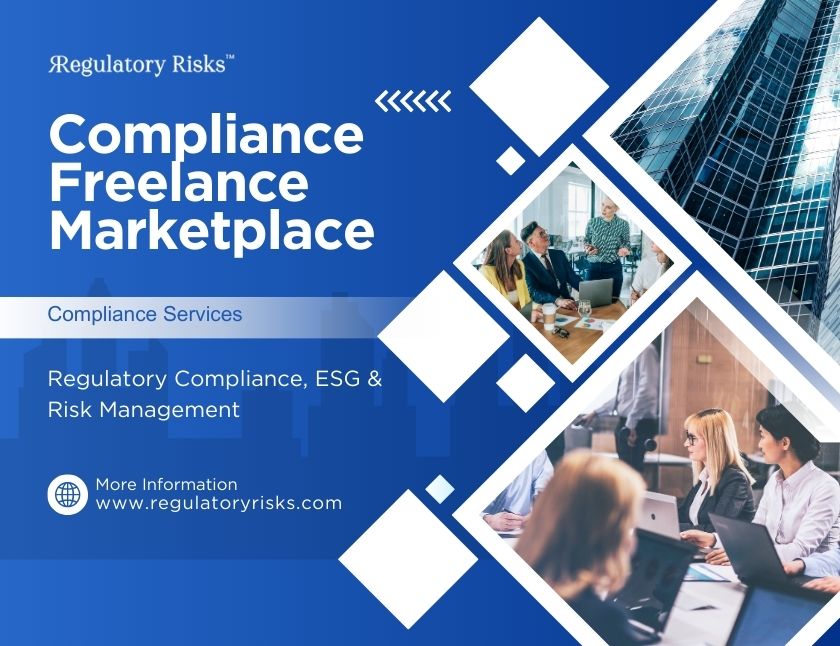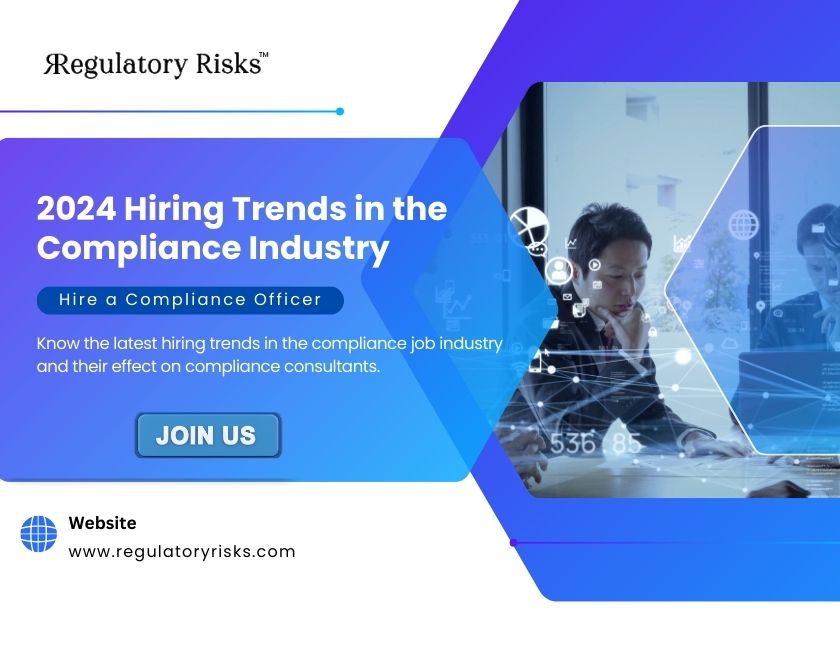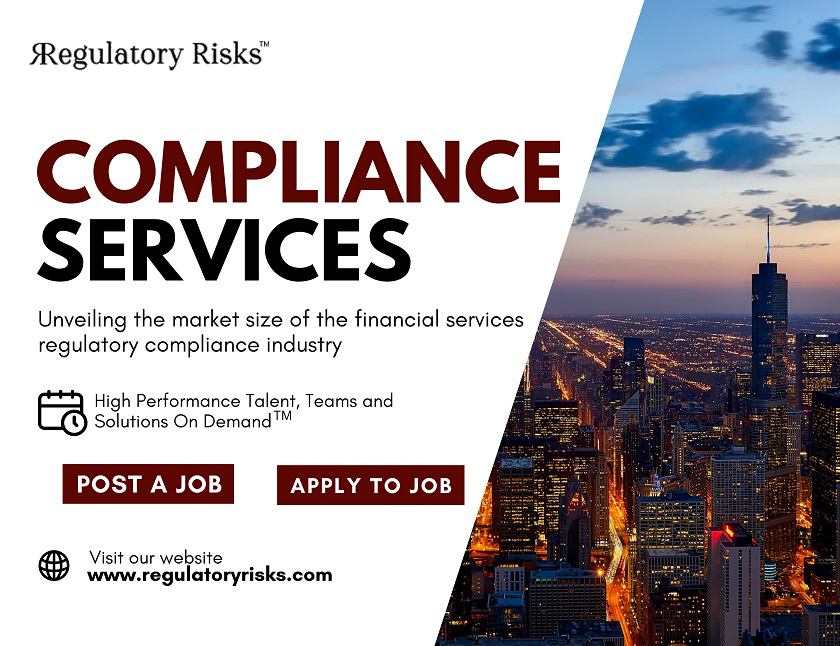In today's complex financial landscape, robust financial crime risk management (FCRM) is crucial. As financial institutions face sophisticated financial criminals, implementing effective FCRM systems is essential to mitigate risks. This guide explores the intricacies of FCRM, recent regulatory changes, and how freelance marketplaces can enhance an organization's ability to manage financial crime risks efficiently.
What is Financial Crime Risk Management (FCRM)?
Understanding FCRM
Financial crime risk management involves identifying, assessing, and mitigating risks associated with financial crimes like money laundering, fraud, and terrorism financing. It includes a range of activities aimed at protecting financial institutions from various types of financial crime and fraud. Effective FCRM uses advanced tools and strategies to detect and prevent illicit activities, ensuring the integrity of financial systems.
Importance of FCRM in Financial Institutions
The role of FCRM in financial institutions is vital. Financial crimes pose serious threats to individual organizations and the broader financial ecosystem. By implementing comprehensive FCRM frameworks, institutions can safeguard assets, maintain regulatory compliance, and protect their reputations. Failure to manage these risks can lead to significant financial losses, legal penalties, and damage to reputation.
Key Components of Effective Financial Crime Risk Management
Effective FCRM includes several key components. These are thorough risk assessments, robust compliance programs, continuous transaction monitoring, and integrating advanced analytics and machine learning. These elements help financial institutions create a proactive defense against potential vulnerabilities and effectively mitigate financial crime risks.
How Can Financial Institutions Protect Against Financial Crime?
Types of Financial Crime
Financial crime includes a wide range of illegal activities such as money laundering, fraud, bribery, corruption, and terrorism financing. Understanding these crimes is crucial for organizations to develop strategies to prevent financial crimes. Each type of crime presents unique challenges and requires specific approaches to detection and prevention.
Anti-Money Laundering (AML) Strategies
Anti-money laundering strategies are essential to combat money laundering. Effective AML strategies include implementing Know Your Customer (KYC) protocols, regular transaction monitoring, and thorough due diligence on high-risk customers. Adhering to AML standards helps institutions reduce vulnerability to money laundering.
Implementing Robust Compliance Programs
Robust compliance programs are the foundation of FCRM. These programs ensure that institutions adhere to regulatory requirements and industry best practices. Key elements include clear policies and procedures, ongoing staff training, and regular audits and risk assessments. Comprehensive compliance programs enhance an institution's ability to protect against financial crime.
What Are the New Regulations in Financial Crime Prevention?
Recent Changes in AML Regulations
Recent changes in AML regulations have introduced stricter requirements for financial institutions. These include enhanced due diligence measures, increased reporting obligations, and stricter penalties for non-compliance. Staying updated with these changes is crucial for maintaining regulatory compliance and managing financial crime risks.
Impact of Regulatory Compliance on Financial Institutions
Regulatory compliance significantly impacts financial institutions. Adhering to regulations helps mitigate risks, avoid legal penalties, and maintain reputations. However, compliance also presents challenges, such as increased operational costs and the need for constant updates to programs. Institutions must balance compliance demands with maintaining efficiency.
How to Stay Updated with Regulatory Changes
Staying updated with regulatory changes is essential for managing financial crime risks. Institutions can do this by subscribing to regulatory updates, participating in industry forums, and engaging with regulatory bodies. Using FCRM tools that provide real-time updates on changes also helps ensure compliance and quick adaptation to new requirements.
Key Changes in FinCEN's AML Rules for Asset Management and Real Estate
FinCEN's new AML rules address gaps in the financial system that criminals have exploited, particularly in asset management and real estate. These regulations aim to enhance transparency and accountability, aligning these sectors with broader compliance requirements.
Key Requirements and Changes:
1. Enhanced Due Diligence for Investment Advisers: Advisers must conduct enhanced due diligence on clients, including beneficial owners. This prevents the use of shell companies and opaque structures for money laundering.
2. Increased Reporting Obligations for Real Estate are essential to prevent financial crimes in the sector: Stricter reporting of high-value cash transactions is now required. Businesses must file Suspicious Activity Reports (SARs) for transactions without legitimate economic purposes, increasing transparency in this sector.
3. Broadened Scope of Compliance: The definition of covered entities has expanded, bringing more businesses under AML obligations. This addresses vulnerabilities exploited by criminals to launder money.
4. Focus on Cash Transactions: The new rules require greater scrutiny of cash transactions in real estate to prevent money laundering.
Implications for Impacted Businesses
Businesses in asset management and real estate must update their compliance frameworks to meet these new requirements. Investing in AML solutions and KYC compliance services is essential for compliance. Additionally, enhancing internal controls, training programs, and monitoring systems is necessary to effectively identify and report suspicious activities.
For asset management firms, the emphasis on enhanced due diligence requires more comprehensive customer identification and monitoring. Real estate businesses, especially those handling large cash transactions, need robust systems to comply with reporting requirements and avoid facilitating illicit activities.




